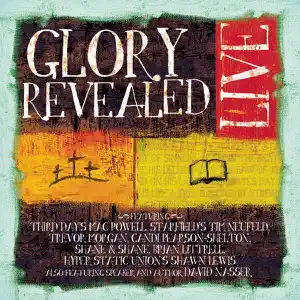


About David Nasser
One of the representative lyricists of the Golden Age of Brazilian song, David Nasser, in his 27 years of popular music, had partners like Heitor Villa-Lobos, Ary Barroso (in the unrecorded "Largo do Boticário"), Radamés Gnattali, Francisco Alves, Custódio Mesquita, Ataulfo Alves, Sílvio Caldas, Herivelto Martins, Wilson Batista, Nelson Gonçalves, Donga, Nássara, Haroldo Lobo, Joubert de Carvalho, Alcir Pires Vermelho, and many others. He had success with "Confete" (with Jota Júnior), recorded by Francisco Alves in 1952 and re-recorded several times, "Serpentina" (with Haroldo Lobo), recorded by Nelson Gonçalves in 1949, "Coroa Do Rei" (recorded by Dircinha Batista in 1949, was one of the biggest hits of the Carnival of 1950), "Charrete Macia", "Alô, Alô, América" (with Haroldo Lobo), and "Esmagando Rosas" (with Alcir Pires Vermelho), both recorded by Francisco Alves in 1942, "Alô Tio Sam" (with Haroldo Lobo), recorded by the Quatro Ases e Um Coringa in 1943, "Rasguei Meu Pierrô" (recorded by Francisco Alves in 1948), "Normalista," "Carlos Gardel," "Hoje Quem Paga Sou Eu," "Fim De Ano," "Mamãe," and several others. He wrote more than ten books, several of them being biographies of artists he knew personally, like Carmen Miranda and Francisco Alves.nn He was also a successful journalist. At 13, he began to work at the O Jornal newspaper. He also worked in the O Cruzeiro magazine and newspaper O Globo, until he wrote lyrics for his first song at 18, the samba "Chorei Quando O Dia Clareou" (music by Nelson Teixeira). The song, presented by an amateur at the Rádio Mayrink Veiga, became a success and was recorded later by Araci de Almeida. The second song was "Candeeiro" (music by Kid Pepe), recorded by Carmen Miranda. "Canta Brasil" (with Alcir Pires Vermelho), recorded by Francisco Alves, was a success in 1940 and his biggest hit of all time. One of the classics of Brazilian popular music, "Nega Do Cabelo Duro" (with Rubens Soares), was recorded by the Anjos Do Inferno and was the big hit of the Carnival of 1942. ~ Alvaro Neder
About us
• What is CANCIONEROS.COM/LYRICS
• Contact us
• How to collaborate
Notes


